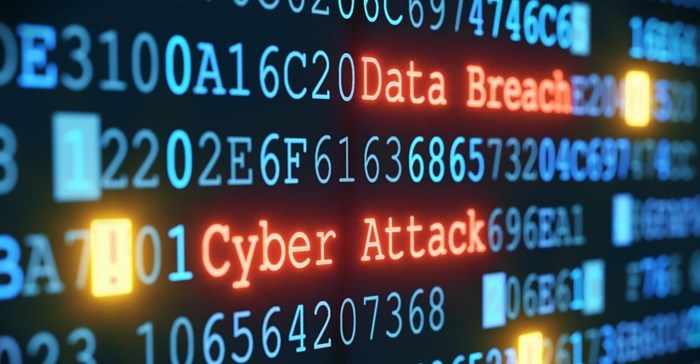
Related
Top stories






More news


Marketing & Media
Ads are coming to AI. Does that really have to be such a bad thing?














The answer is simple. Never provide personal information or banking details to someone - especially if you don't know them - and always have reservations about something that seems too good to be true.
There are numerous types of scams where typically you are promised a monetary prize or lump sum of money if you share your bank details, and they happen more often than you think. With most of us connected to email or the internet almost all of the time, criminals are using various scams and platforms to target consumers. Many people think that because the email contains a logo of a reputable company that they can trust that it is authentic.
A common form of cyber-attack is called 'phishing', which is when criminals lure you to click on a link in an email and it immediately links you to a compromised web page. It is here where malware or malicious software is installed, giving the criminal full access to your sensitive information stored on your computer.
"If it sounds too good to be true, it generally is," says Amit Mehta, head of information security, MasterCard Middle East and Africa. "Any legitimate organisation will never ask you to share personal information via email or online. Always trust your instincts and protect your personal information at all times."
MasterCard has developed the Stop IT Operations Service, which helps MasterCard debit and credit cardholders to combat phishing attacks and address cybercrime activity. The service can be reached at StopIT@MasterCard.com.
"It's our responsibility to be protect our data," says Mehta, and you can protect yourself by following these helpful tips:
1. Delete emails that seem suspicious or offer you something that seems too good to be true.
2. Do a quick internet search for the email address the sender is using, many times it will appear on websites that report scams.
3. Never give personal information or banking details to someone you don't know. Don't forget, your bank or any reputable business would never ask you to share this type of information online or via email.
4. When asked to send money to someone outside of the country, ask yourself why they would need you to do this? Never send money to people you don't know for something you never requested, legitimate companies will not ask you to do this through Western Union, Moneygram or any other money sending service even if they are in the same country.
5. If you believe you have been a victim of a phishing attack, contact your bank or financial institution and report the incident.